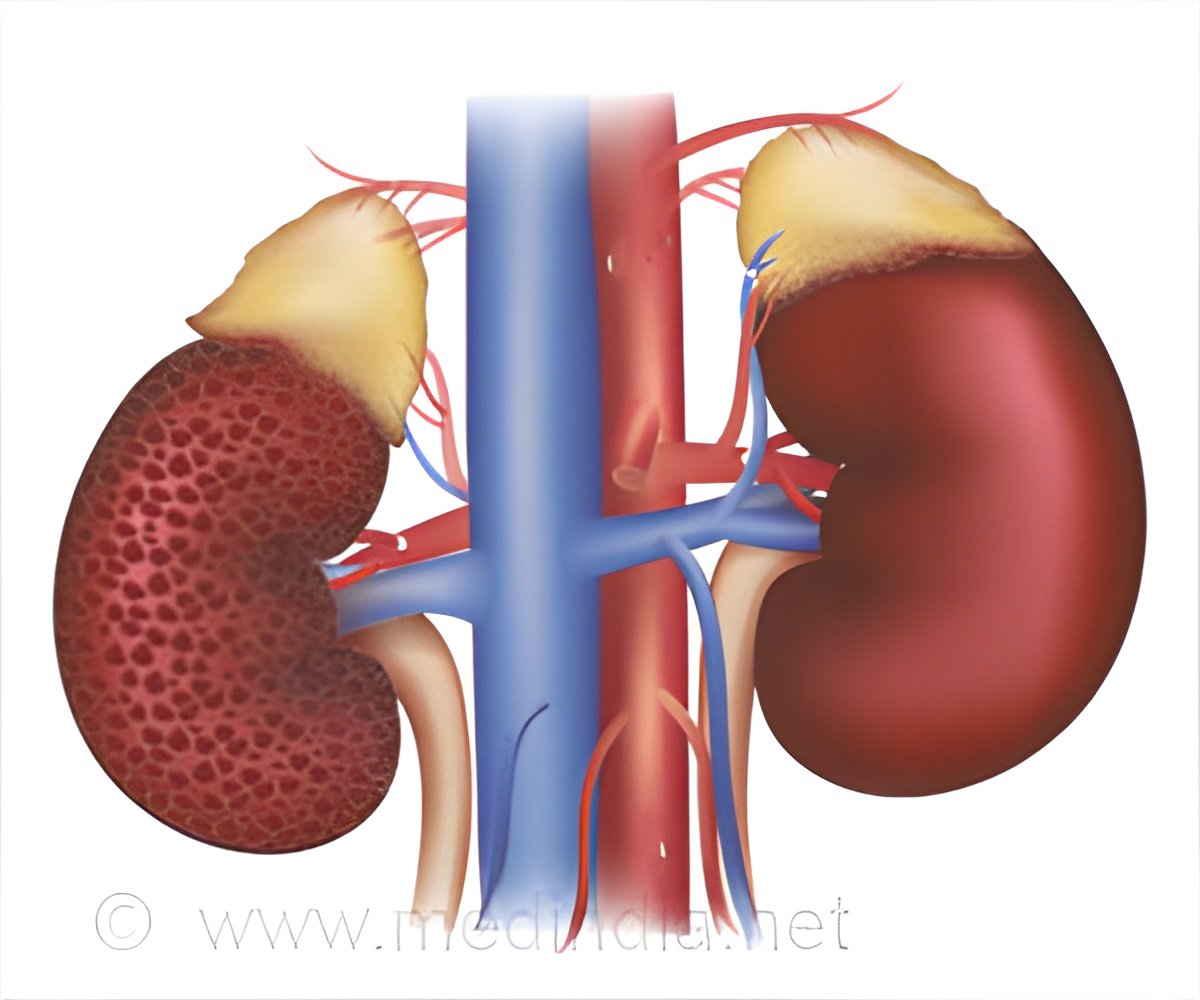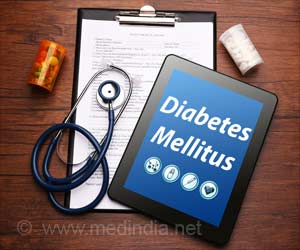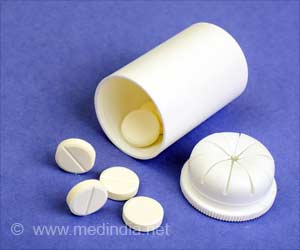Two randomized controlled studies show that SGLT2 inhibitors can slow CKD progression in all patients.

‘SGLT2 inhibitors now provide significant breakthrough in the management of CKD apart from RAAS blocking agents.’
Read More..




So far, RAAS blockade (ACE inhibitors or angiotensin receptor blockers) was one of the most effective therapeutic intervention which has been shown to affect CKD disease progression. Now, SGLT2 inhibitors add significantly to the armentarium and provided another breakthrough in the management of CKD.Read More..
The first to realize this potential of SGLT2 inhibitors was Professor Christoph Wanner, co-author of the EMPA-REG OUTCOME trial and President of the ERA-EDTA. Wanner and his colleagues conducted the EMPA-REG OUTCOME trial, the aim of which was to investigate whether the SGLT2 inhibitor Empagliflozin could lower the rate of cardiovascular events in patients with T2D.
"It could, but the much more exciting result for me as a nephrologist was an incidental finding of the study, which we analysed and published in a second paper. It seemed that the medication could also slow progression of CKD.
At that moment the effect was 'too good to be true' Wanner remembers, but this effect was confirmed in subsequent cardiovascular outcome trials (CVOTs) with other SGLT2 inhibitors. However, the proportion of patients with CKD in these CVOTs, which were conducted among patients with T2D, was relatively low.
At that point, the kidney study program with Canagliflozin was already underway. It was not until 2019 that the CREDENCE trial provided evidence that the SGLT2 inhibitor Canagliflozin could slow CKD progression in patients with T2D and CKD with albuminuria who were already on standard RAAS blockade and baseline glucose lowering therapy.
Advertisement
A new study (DAPA-CKD) was initiated to answer these questions and the results were presented at the virtual ESC Congress. Cardiologists welcomed the prominent treatment originating its effects in the kidney and extending to the heart.
Advertisement
There were 197 events in the dapagliflozin group and 312 in the placebo group; the HR for the primary endpoint was 0.61 (95% CI, 0.51-0.72; P=0.000000028) resulting in a number needed to treat of 19. The benefit of dapagliflozin on the primary endpoint was consistent in patients with and without T2D. No concerning safety signals were observed.
A study on the SGLT2 inhibitor Empagliflozin in 3730 heart failure patients (EMPEROR-Reduced) with and without T2D was already published the day before, saturday morning 8:30 am Eastern US-Time in "The New England Journal of Medicine".
Although kidney parameters were analyzed as secondary endpoints, the results point in the same direction: The annual rate of decline in the estimated glomerular filtration rate was significantly slower in the empagliflozin group than in the placebo group (-0.55 vs. -2.28 ml/min/1.73 m2 per year, P<0.001), and empagliflozin-treated patients had a lower risk of serious kidney outcomes.
"All in all, this is great news for patients with CKD. For years, no new treatment option has proved to be safe and effective, which meant that no new drug could be introduced into clinical practice. We now have a whole new substance class that is obviously very effective. It is quite amazing how often important medical innovations derive from incidental discoveries.
We wanted to find a therapy to improve cardiovascular outcomes in individuals with type 2 diabetes and found a long-awaited treatment to slow progression of chronic kidney disease, even in those who do not suffer from type 2 diabetes. It's a bit 'Flemingesque', at the beginning we did not realize the significance of our findings, now we have a kidney drug in hands" Wanner concludes.
Source-Eurekalert












